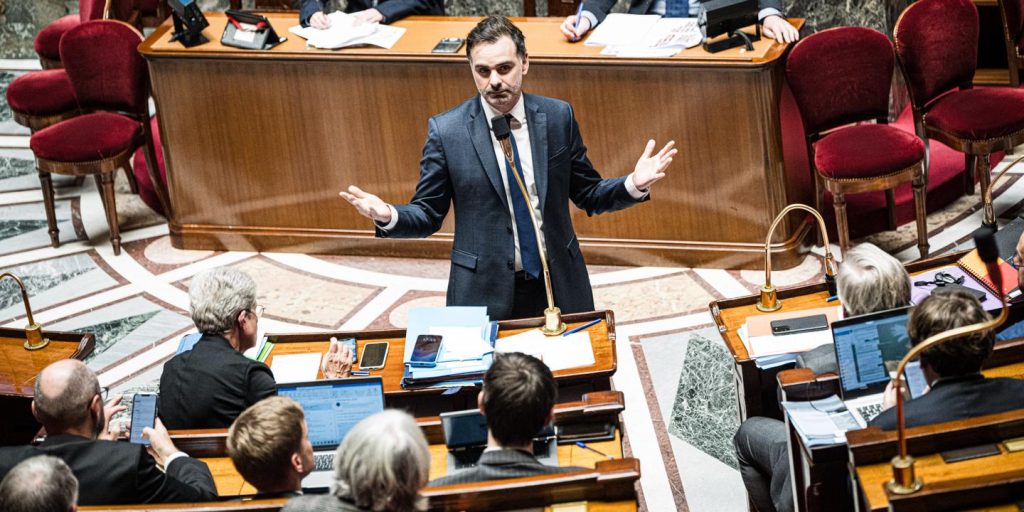The left-wing party France Insoumise (LFI) and their allies have proposed a tax on the “superprofits” of large companies to contribute to national solidarity and address those who have profited excessively from crises such as the Covid-19 pandemic and the energy crisis. This tax, which would apply to companies with over 750 million euros in revenue, aims to generate around 15 billion euros in revenue. The proposal defines “superprofits” as profits exceeding 1.25 times the average annual profits from 2017-2019, with additional taxes applied at rates of 20%, 25%, and 33%.
The tax on superprofits will be subject to a vote next week when the budget for 2025 is discussed in parliament. The proposal includes measures to target specific industries, such as gas companies making over 10 billion euros in profits in the first half of the year. While some lawmakers, including those from LFI and Green Party, support the tax as a way for companies to contribute to collective efforts, others, like members from The Republicans (LR) and the National Rally (RN), have expressed concerns about potential negative impacts on businesses.
In addition to the tax on superprofits, the finance commission has approved changes to the research tax credit (CIR), a tax incentive for businesses introduced during François Hollande’s presidency. Amendments proposed by different political parties suggest transforming the CIR into a tax reduction for large companies, excluding businesses in the financial and insurance sectors, with potential savings of 1.5 billion euros. The goal is to refocus the CIR on industrial and agricultural activities that contribute to the productive economy.
Furthermore, the commission has approved increases in local taxes, such as the residence tax on second homes, allowing all municipalities to apply a surcharge of up to 60% in areas facing high demand. Additionally, departments can raise the tax on development charged on building permits and extend the tax on commercial areas to giant warehouses, with an eye on the expanding online e-commerce sector. However, the commission also supported an exemption from property tax on agricultural land beyond what was proposed by the government.
The debates on these proposed changes and new taxes, along with over 400 remaining amendments, are scheduled to take place in parliament starting on Monday. While some lawmakers believe these measures are necessary to address inequalities and ensure corporations contribute to national recovery efforts, there are concerns about the potential impact on business competitiveness and economic growth. The decisions made in the coming days will shape France’s tax policies and economic strategies in the years to come.















